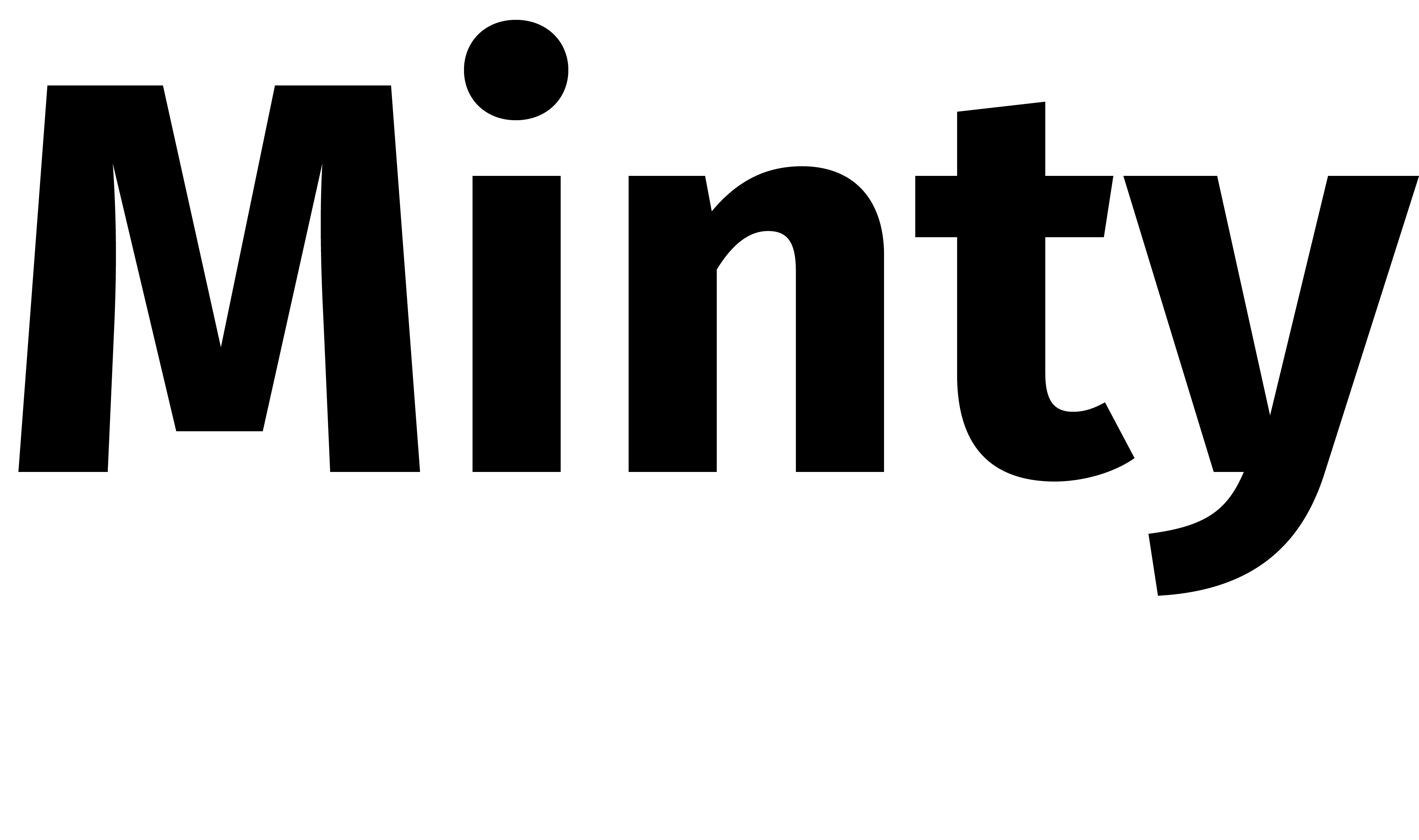
Have you been wondering what this strange word “escrow” means? You may be hearing it a lot if this is the first time you’ve purchased a home.
The word escrow comes from the old French word, escroue, which was a scrap of paper or scroll of parchment. When transactions were made in the ancient past – way before online banking and PayPal accounts! – a third party held on to tiny pieces or scrolls of paper representing a deed until the transaction was complete and proper payment had exchanged hands.
Today, the idea of holding onto something until payments are made translates well for our current escrow accounts and processes.
An escrow account is basically a holding place for money during a real estate transaction. As you are in the process of closing on a home, an escrow officer, who is usually a lawyer or title company representative, holds all the important documents and initial earnest money while the seller and the buyer negotiate terms like inspection repairs and other parts of the closing. The escrow company acts as a neutral third party until the transaction is complete.
At the time of closing, the escrow officer makes sure everyone gets paid what they’re owed, records the deed and title transfer and sends it to the county recorder, and officially makes the home yours! For these services, an escrow officer typically charges a fee of 1%-2% of the purchase price of the home.
Most home purchases also involve a second type of escrow account, between you and the lender. Lenders often put some of your money aside in escrow to pay property taxes and insurance. An estimate is made how much it will be annually and the total is divided by 12 to be factored into your monthly payments. When you pay your monthly mortgage, you pay a portion of the estimated annual costs along with your principal and interest.
At the end of the year, the lender adjusts your monthly escrow amount based on the actual tax and insurance bills. If you were short, you’ll generally be allowed to spread the difference out over the coming year. If you paid in too much, the lender will refund your money.
Buying a house is full of complications and funny words like “escrow”! I hope this article and others in my blog help make the process of buying a new home stress free. Call me anytime at (833) 782-8369 with any questions. I look forward to hearing from you!











Comentarios